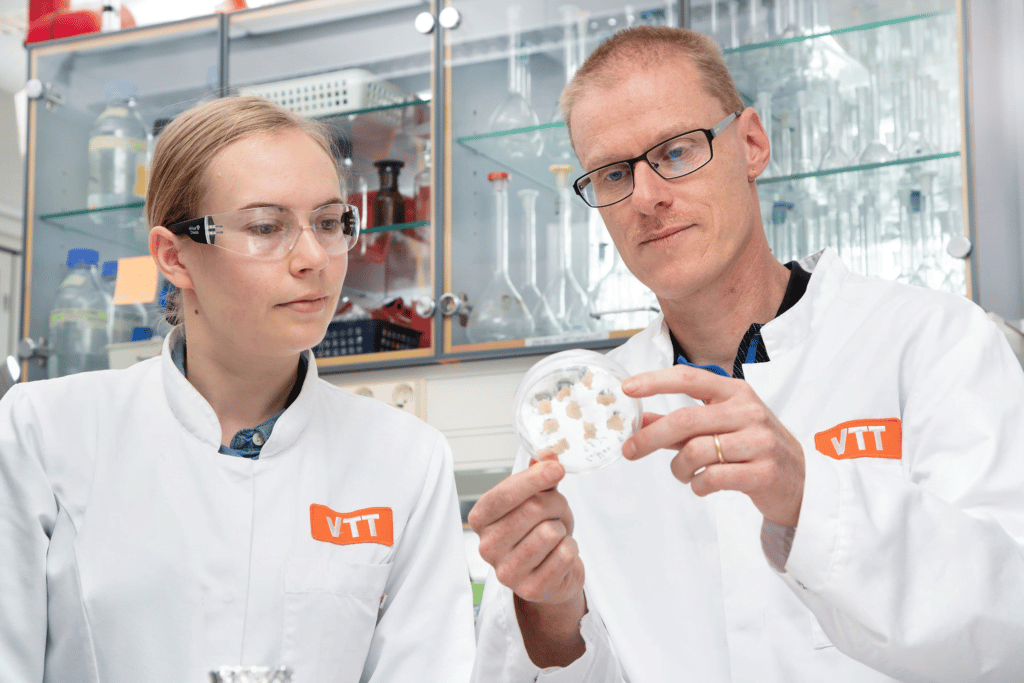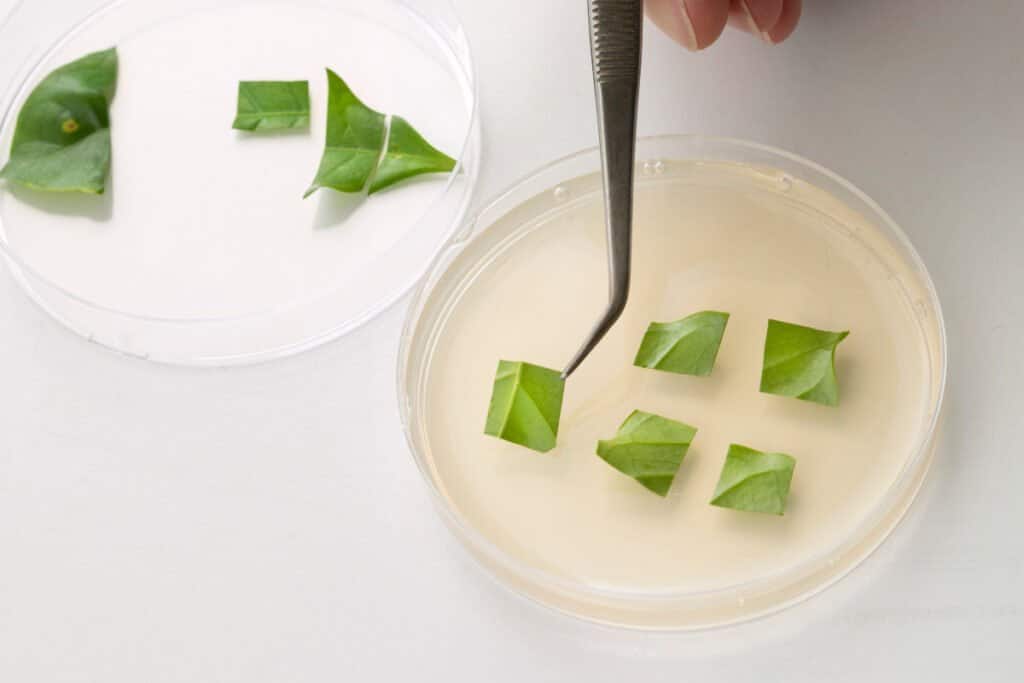With increasing demand and many sustainability challenges for traditional agriculture, there is an urgent need for alternative ways of producing coffee. The demand for this drink is huge. You have no idea, believe me.
And the need for more and more acreage to produce enough coffee leads to deforestation, particularly in crucial areas of the rainforest.
Cell culture coffee
The VTT company is developing the production of coffee through plant cells in his laboratory in Finland. In the process, cell cultures floating in nutrient-filled bioreactors are used to produce various animal and plant-based products.
“At VTT, this project was part of our overall effort to develop biotechnological production of conventionally agriculturally produced everyday and household products. For this, we use many different hosts, such as microbes, but also plant cells,” says Dr Heiko Rischer, head of the research team of VTT.
How was “cellular” coffee born?
“Cellular” coffee was born by establishing its cell lines in the laboratory and transferring them into bioreactors to start producing biomass. After the biomass analysis, a roasting process was developed and the cups of the black drink were finally evaluated by a panel of "tasters"
The entire procedure required the contribution of different disciplines and experts in the fields of plant biotechnology, chemistry and food science.

Is it a ciofeca? (who knows how this word will be translated into 10 languages).
Currently, coffee produced in the laboratory is an experimental food and requires the green light of the various associations (FDA in the United States, Novel Food in Europe) before being marketed.
“The experience of drinking the first cup of this coffee was emotional,” says Rischer. “I estimate we are only four years away from ramping up production and getting regulatory approval. The growth of plant cells requires specific skills to optimize the process. Downstream processing and product formulation, regulatory approval and market launch are the final steps. That said, it is now proven that lab-grown coffee can be a reality.”

Cellular agriculture: one of the avenues for more sustainable food production.
It is not just a question of coffee. The true impact of these researches will change the world's diet. In recent years I have been talking about studying workshops milk, cheese, honey, meat, fish from cell or bacterial cultures. There will be companies that will rethink the production of food ingredients and lead the market.


